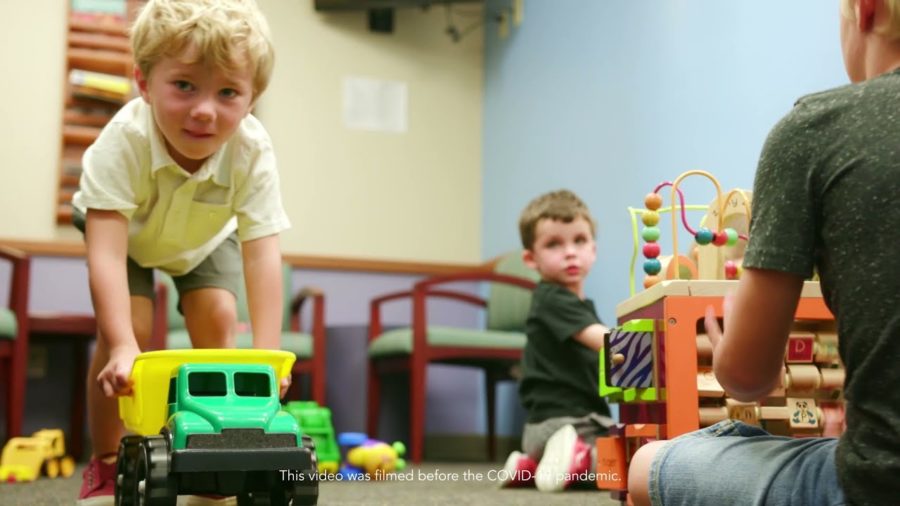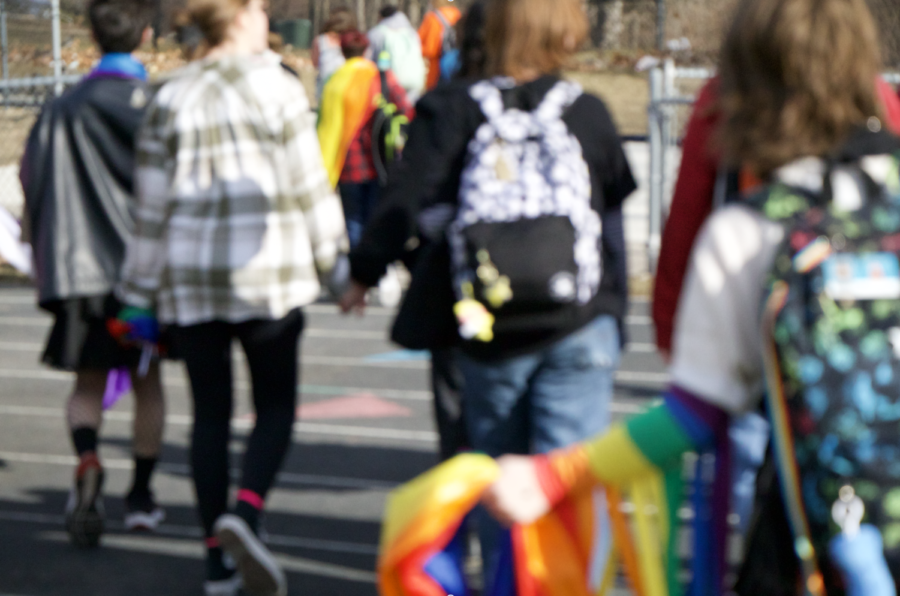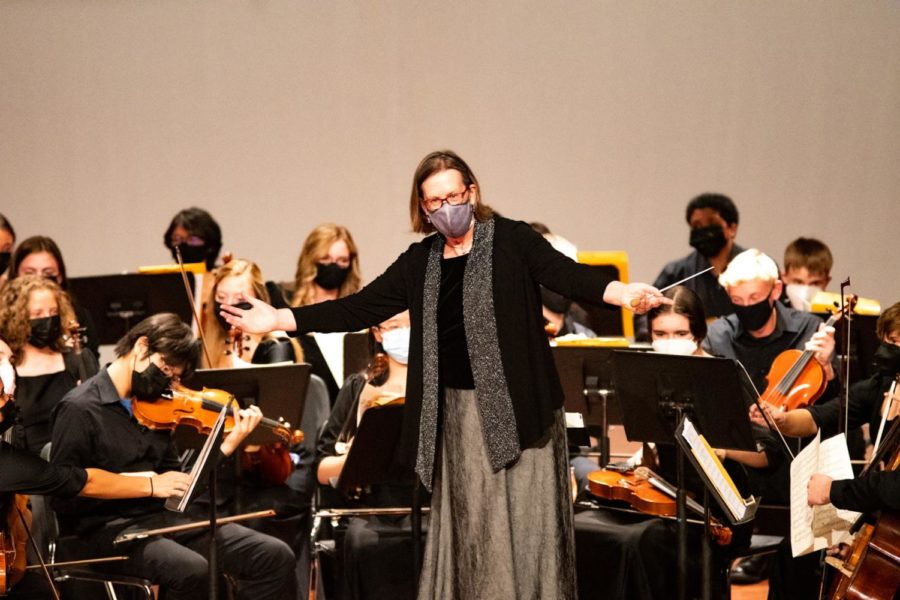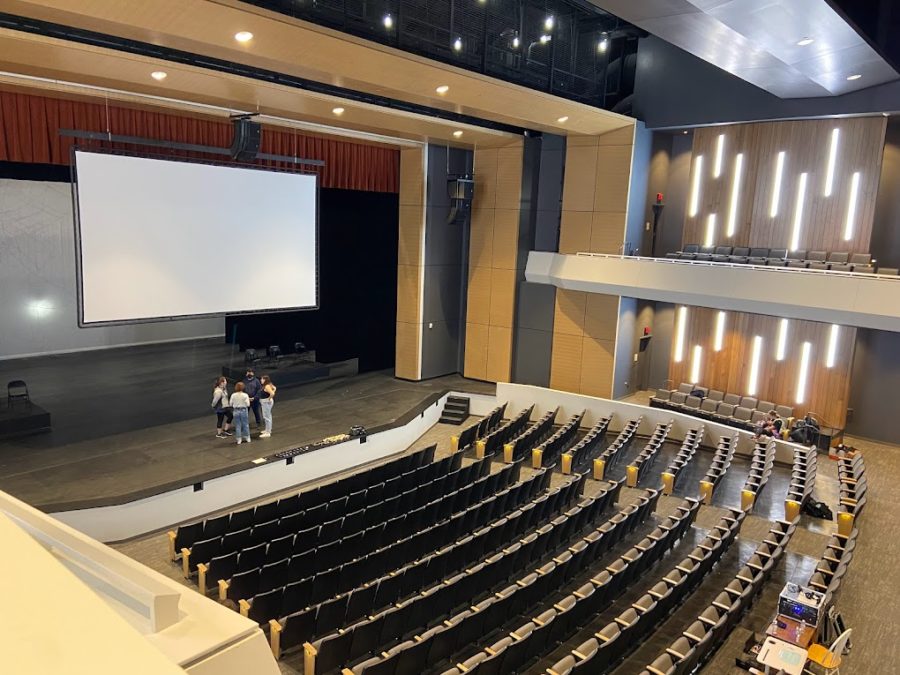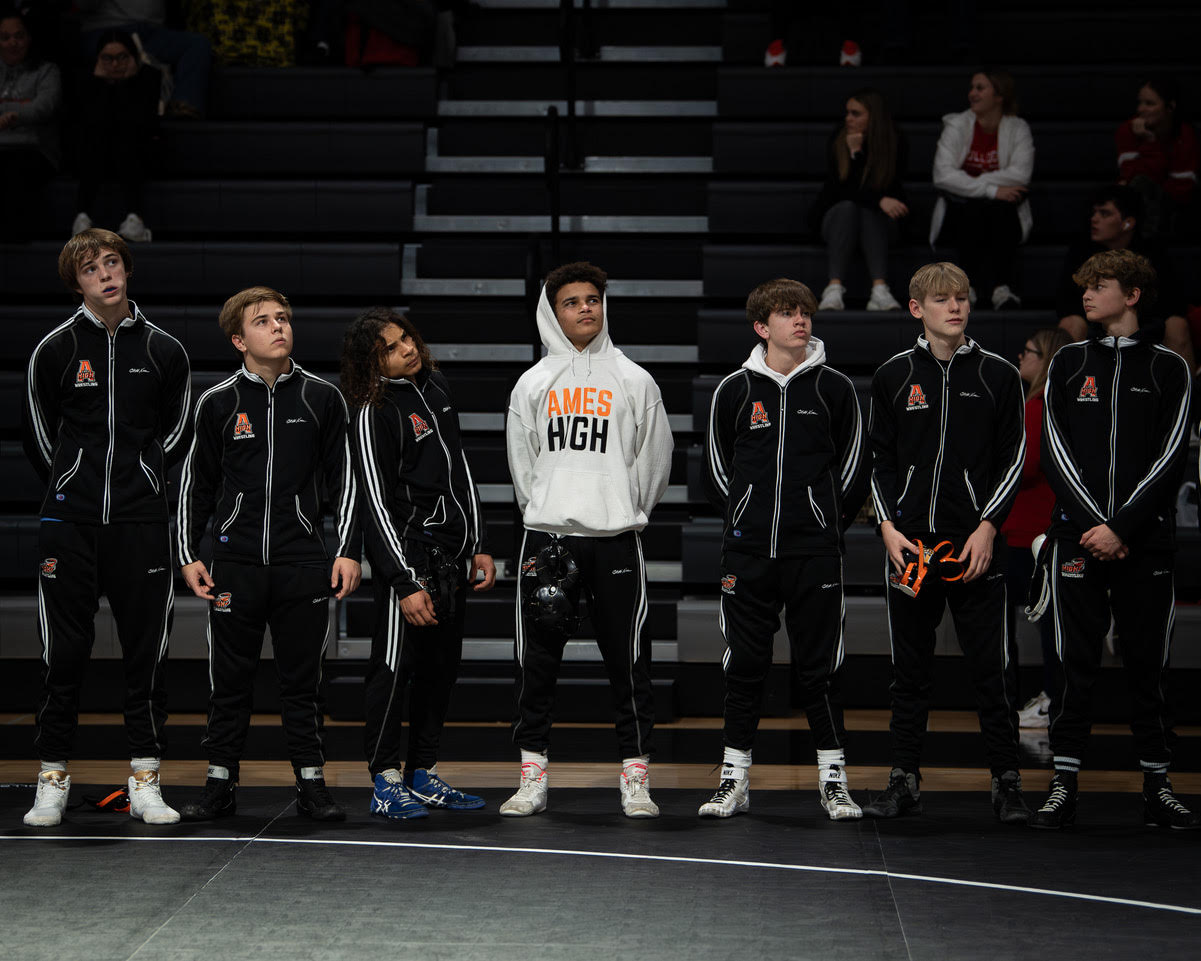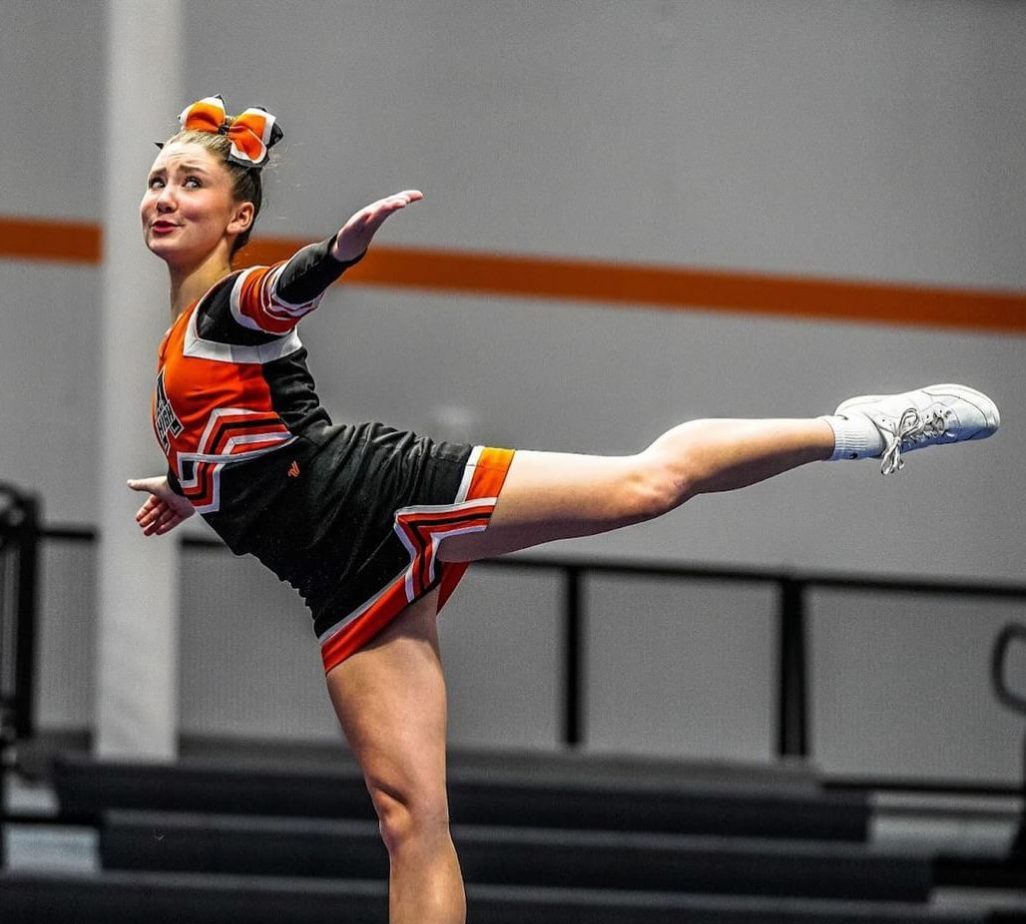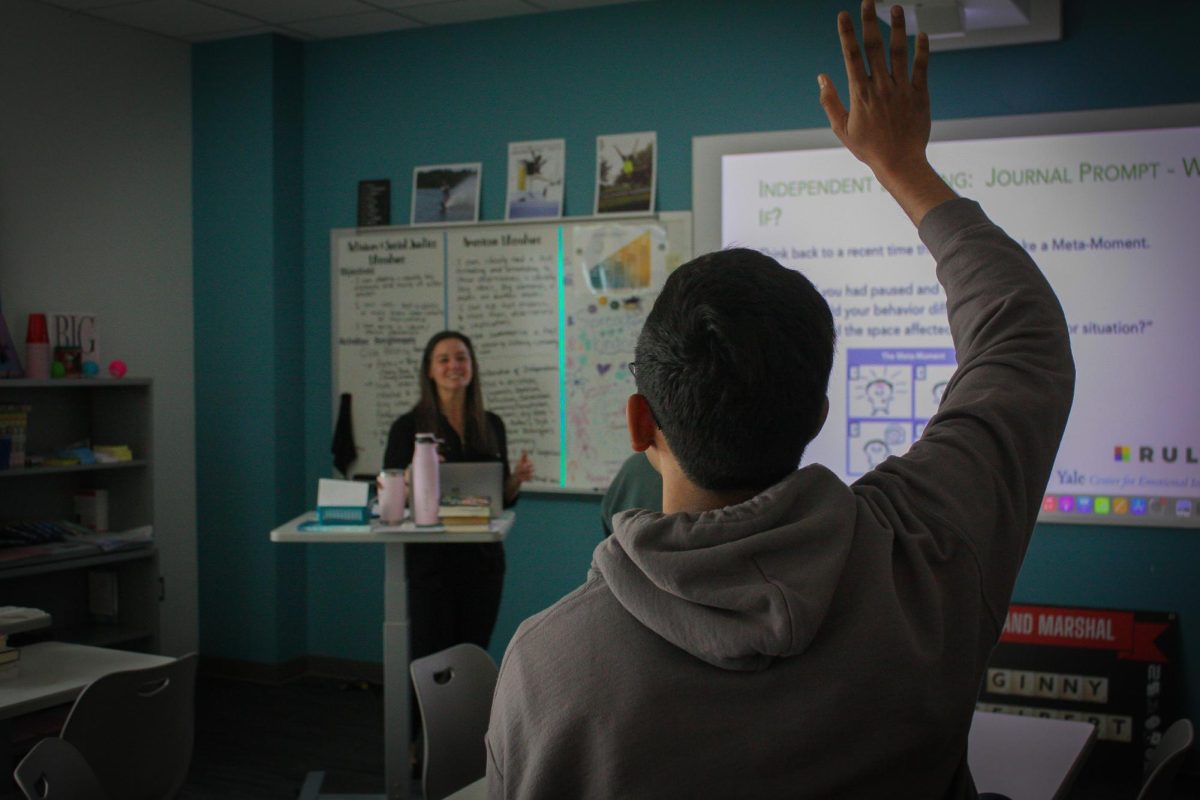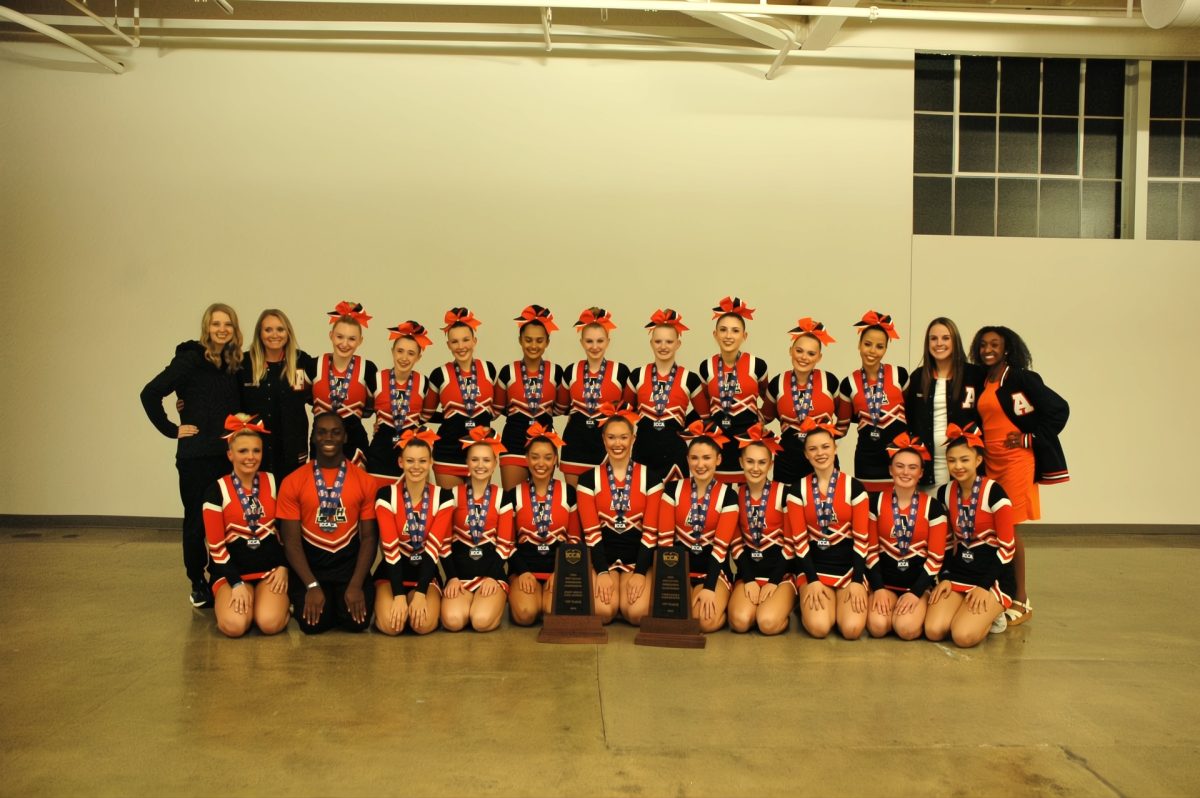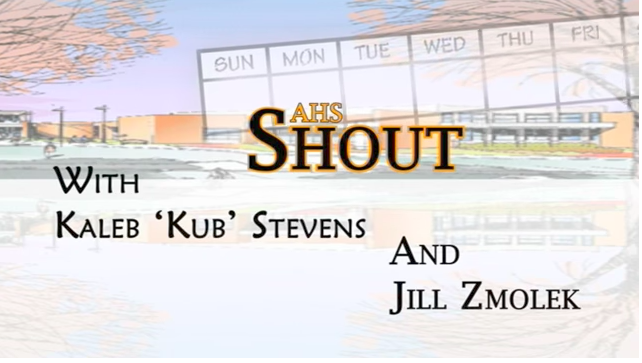President Bush announced Jan. 10 that he intended to send 20,000 additional U.S. troops into Iraq. In a speech, he said that 16,000 of these troops would help to stop sectarian violence in Baghdad, while 4,000 would help in the Anbar province. The âsurge,â as it has come to be called, officially began Jan. 21 when the 2nd Brigade of the 82nd Airborne landed in Iraq. The brigade of 3,200 troops arrived a day after at least 20 U.S. troops were killed, the highest daily death toll in the past two years. A Newsweek poll found that more than 2/3 of Americans oppose the escalation and only 24 percent approve of Bushâs handling of the war in Iraq. The poll also found that 55 percent of people trusted Democrats in Congress to handle the war more than the president, despite the fact that most Congressional Democrats have appeared helpless in stopping the surge, though they could easily introduce a bill limiting the number of troops in Iraq. Many Ames residents expressed their disapproval of the surge at the Ames Veteranâs Memorial Jan. 11. Over 100 people lined up along Grand Ave. holding signs condemning the war. Former Congressional candidate Dr. Selden Spencer spoke at the protest before protestors lined up. Ames High senior Glenn Martin came to the protest. âThis was not the first protest I had ever been to, but definitely one of the coldest,â Martin said. âI attended the protest because in my opinion, there is no way that sending more troops will fix the war in Iraq. I had heard about the protest the night before at Progressive Club, and was determined to go, despite the terrible weather that evening.â Martin is one of many students who are against the war in Iraq. âI donât like the escalation,â junior Andrew Coyle said. âI really havenât liked the war at all. I think the U.S. presence in Iraq is not helping.â Senior Jacob Johnson-Muyengwa, who is joining the army, thought that a lot of the information about the surge will not be revealed for some time yet. âI think thereâs a lot of politics going on behind closed doors,â Johnson-Muyengwa said. âI think weâll find out more about whatâs really going on five to ten years from now.â Some Ames High students even thought the surge might help. âIn all likelihood, itâll help us get out faster,â senior Chris Parsons said. âItâs not a lot, but I think itâll help.â
Categories:
Activists condemn “surge”
Spencer Arritt
•
January 25, 2007
Story continues below advertisement
0
Donate to The WEB
$75
$450
Contributed
Our Goal
Your donation will support the student journalists of Ames High School, and Iowa needs student journalists. Your contribution will allow us to cover our annual website hosting costs.
More to Discover
About the Contributor

